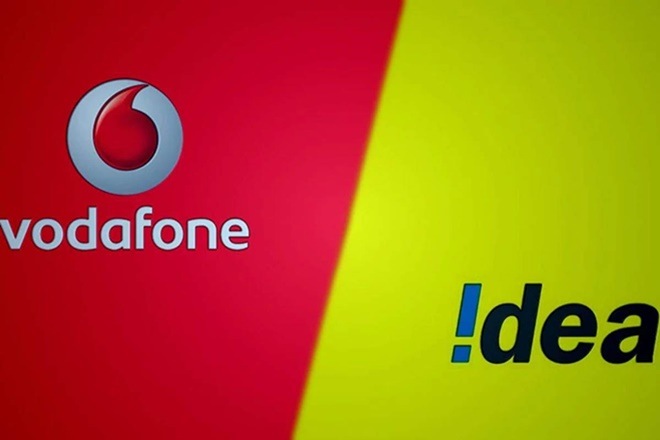The department of telecommunications (DoT) is understood to have turned down the offer of Vodafone Idea to furnish a corporate guarantee instead of a bank guarantee to cover its deferred spectrum installment for the current fiscal. Sources said that DoT is soon going to write to the company to furnish a bank guarantee of around Rs 15,000 crore.
Operators who have bought spectrum in the past auctions paid between 25-33% of the amount upfront and pay the remaining over 16 years as deferred payment installments. Last year, the government extended the tenure of payment by two years by giving a moratorium on such payments for the current fiscal and the next. However, since interest for the period will need to be paid, operators need to furnish bank guarantee of the amount.
For the current fiscal, Vodafone Idea’s installment works out to around Rs 12,273 crore which after adding the interest works out to around Rs 15,000 crore.
Bank guarantees given by operators are renewed every year. The banks give it to operators based on the strength of their balance sheet on very nominal charges.
However, since Vodafone Idea is going through a financial crunch and has a liability of around Rs 58,000 crore as adjusted gross revenue, banks are wary of extending any guarantee to it. Vodafone Idea’s exposure to banks is of around Rs 50,000 crore. A bank guarantee of around Rs 15,000 crore would be just adding to the amount, which no bank will risk currently, sources said.
DoT officials said that a corporate guarantee can only be feasible for them if it is provided by either Vodafone Plc or any of the firms of the Aditya Birla Group. A corporate guarantee by Vodafone Idea which itself is financially shaky is not acceptable, officials said.
Vodafone Idea did not comment when asked whether it has furnished a bank guarantee or a corporate guarantee to the DoT and what it plans to do.
The financial frailty of Vodafone Idea can be gauged from the fact that on April 21 it paid Rs 1,367 crore to DoT towards its licence fee and spectrum usage charge for the January-March quarter. Operators generally pay their licence fee and SUC to the DoT on a quarterly basis and this payment of the January-March period was supposed to be paid between March 20-25. While other operators like Bharti Airtel and Reliance Jio had paid on time, Vodafone Idea had sought more time from the government citing the disruption due to coronavirus pandemic but the government did not agree to make an exception for a single operator.
Vodafone Idea posted a net loss of Rs 6,453 crore during the October-December quarter on a revenue of Rs 11,089 crore. In March, of its Rs 58,254 crore AGR dues, it paid Rs 6,854 crore to the government. This money was drawn on the company’s cash reserves of around Rs 12,815 crore at the end of Q3 and some proceeds remaining of its rights issue. Its cash reserves is now estimated to have come down to below Rs 3,000 crore.
Seeing the precarious financial position of the company, Vodafone Plc on April last month infused a sum of $200 million (about Rs 1,530 crore) into Vodafone Idea, which was otherwise due in September 2020, under the terms of the ‘contingent liability mechanism’. Contingent liability mechanism was entered between Vodafone and Idea Cellular at the time of merger, wherein Vodafone Group needed to pay for adjusted gross revenue dues if the amount paid exceeded that of Idea Cellular.

